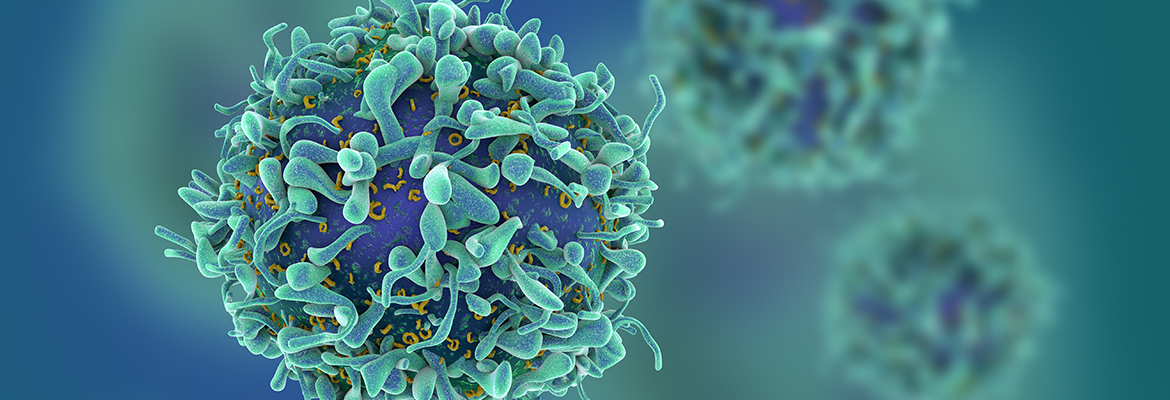Style Sampler
Layout Style
Checkups and Diagnostics

Cancer is a disease that occurs due to uncontrolled cell division. Cells are the structural and functional units of the human body. Under normal circumstances, both cell division and cell function are subject to strict control, which ensures the health of the organism.
In cancer, on the other hand, a group of cells gets out of control and creates a mass, the tumor, where the cells multiply uncontrollably.
Cancer cells are characterized by the ability to infiltrate adjacent organs but also to move to other parts of the body away from their original location and create metastases. These properties differentiate cancer cells from normal cells in the human body.
Cancer destabilizes the normal functioning of the human body. Early prevention and appropriate treatment by specialized professionals are important factors that can determine the outcome of the disease.
Many factors are responsible for causing cancer.
Carcinogenesis is the process by which cancer cells escape control of the body. It is caused by a combination of environmental and genetic factors, each of which is responsible to a different degree for the occurrence of cancer in each patient.
Heredity is more easily recognizable in some cancers (such as breast cancer and colon cancer). Some cancers are almost exclusively related to environmental factors (eg smoking for lung cancer, ultraviolet radiation for skin cancer, HPV for cervical cancer, etc.). In most cases, cancer is the combined result of a genetic predisposition combined with exposure to a harmful environmental effect.
In some cases, the diagnosis of cancer is made when it is already quite advanced, as it often shows no symptoms. For decades, scientists have been aiming to identify diagnostic methods that would allow early diagnosis of cancer and thus maximize therapeutic intervention. Today, routine medical examinations to detect cancer in the general population have yielded impressive results in the early diagnosis of cancer.
The most well-known tests for cancer prevention are the annual mammogram, the Pap test, the PSA test for prostate cancer and the colonoscopy for colon cancer. In high-risk groups, more specialized preventive diagnostic tests are often requested by medical professionals.
Unfortunately, in most types of cancer the diagnosis is made when the cancer causes symptoms, which lead patients to seek medical help.